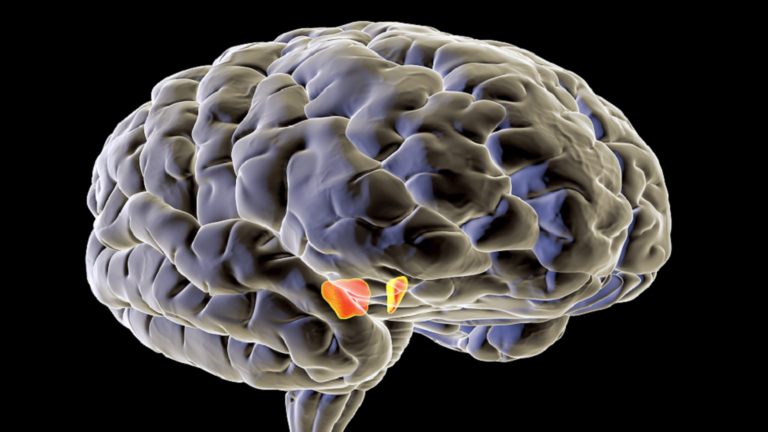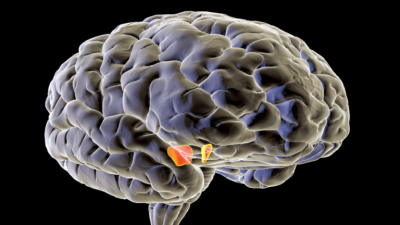The human mind regulates emotions that can be crucial in our daily lives, especially when needing to demonstrate flexibility to control our behavior and make appropriate decisions based on the events around us. Some mental health issues are linked to individuals' inability to be flexible, particularly when negative thoughts dominate, making it difficult to perceive situations differently. In this context, researchers at Dartmouth College in the U.S. conducted a new study, the first of its kind, that separates the activity related to generating emotions from the organization of emotions in the human brain.
Researchers examined two independent datasets from functional magnetic resonance imaging studies. They recorded brain activity while participants viewed images likely to provoke a negative reaction, such as bloody scenes or scary-looking animals. Participants were then asked to reframe the context of the stimulus by generating new types of thoughts about the image to make it less aversive, before being presented with a neutral image followed by another unappealing image.
The researchers managed to pinpoint which areas of the brain were more active during emotion regulation compared to emotion generation. The study reveals that emotion regulation, also known in neuroscience as "reappraisal," involves certain regions of the prefrontal cortex and other higher-order cortical hierarchies, whose roles in emotion regulation had not been isolated with such precision before.
It was found that the more individuals activated selective brain areas for organizing emotions, the more resilient they became in facing a negative event without letting it affect them personally. The lead author, Ki Bo, a postdoctoral researcher in the Cognitive and Emotional Neuroscience Lab (CANlab) at Dartmouth, stated, "It is exciting to identify specific brain areas that are unique to emotion regulation. Our findings provide new insight into how emotion regulation works by identifying targets that could have clinical applications."
For instance, the systems identified by the researchers may serve as good targets for brain stimulation to enhance emotion regulation. Bo added, "The cortex is really responsible for generating emotional responses in people by changing how we see reality." Neurotransmitters, such as dopamine and serotonin, involved in the communication of neural networks, are targets for both illicit drugs and treatments. Some neurotransmitters may be crucial for enabling self-regulation abilities.
The study demonstrated that cannabinoid and opioid receptors, as well as serotonin, including 5H2A, were abundant in areas involved in emotion regulation. When drugs that bind to these receptors are taken, they affect the emotion regulation system. The findings suggest that the effects of medications on depression and other mental health disorders may only work partially by changing how we think about life events. This might help explain why medications, especially illicit drugs, are often ineffective without appropriate psychological support.




